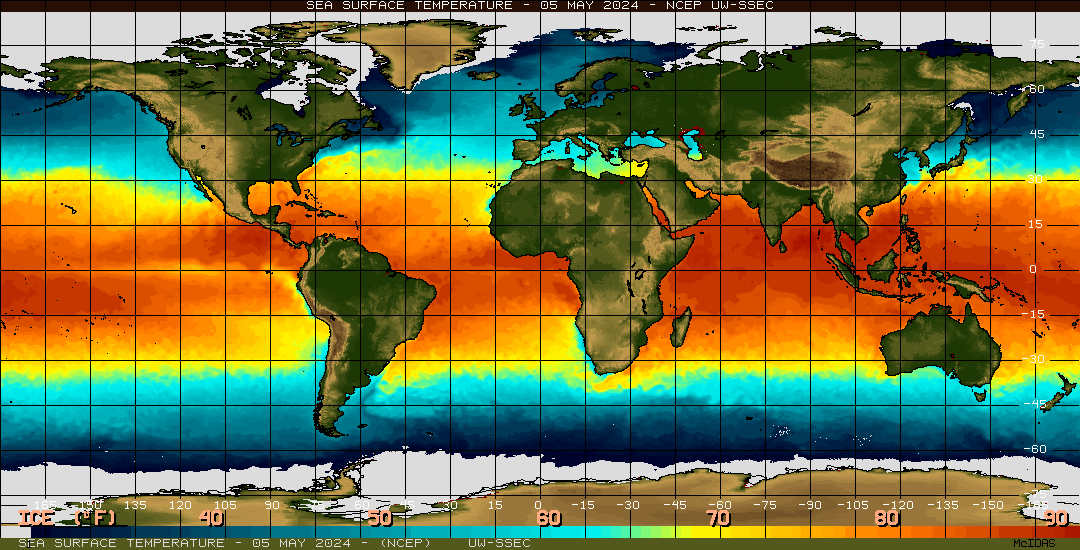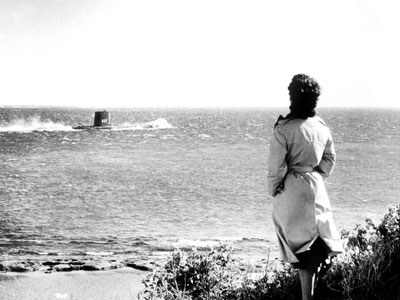The most frequently quoted passage in President Obama's speech last month (March 26) in Brussels at the Palais des Beaux-Arts concerning Ukraine and Russia is the following distinction which the President drew between Russia's annexation of Crimea and the American invasion of Iraq in 2003:
The president specifically cited the Iraq War, and acknowledged that it was the subject of vigorous debate both in America and abroad:
“But even in Iraq, America sought to work within the international system,” he said. “We did not claim or annex Iraq’s territory. We did not grab its resources for our own gain. Instead we ended our war, and left Iraq to its people in a fully sovereign Iraqi state that can make decision about its own future.”
The legions of liberal critics of Mr. Obama, which have grown exponentially in recent years, were quick to point out that the United States did not really work "within the international system" in its unilateral decision to invade Iraq; rather, the U.S. short-circuited the United Nations process by deciding in March, 2003, that Hans Blix & Co. had had enough time to find weapons of mass destruction, that the inspectors should clear out, and that it was time for a little Shock & Awe.
United Nations Resolution 1441, passed in late 2002, was supported by a 15-0 vote in the Security Council, including affirmative votes from Russia and China. While 1441 declared Saddam Hussein in "material breach" of prior Resolutions relating to WMD and reparations to Kuwait (among other violations), there was no "automaticity" in the Resolution, meaning (as the Russians insisted as a condition of giving their consent) that 1441 by itself did not authorize an invasion. John Negroponte, the American Ambassador to the United Nations, stated that this was also his understanding of 1441.
Bush & Cheney gave some passing thought, in early 2003, to seeking a specific U.N. Resolution authorizing an invasion, but opted instead for a more intimate meeting among like minds, with the U.K. and Spain in the Azores in mid-March to finalize plans for war. International cooperation had worked as far as it went, but it seemed very likely that the French, at least, would veto any Resolution authorizing an invasion while Hans Blix and the other U.N. inspectors were still at work and still finding absolutely no evidence of weapons of mass destruction, Colin Powell's disgraceful speech to the United Nations notwithstanding.
Still, we should note that Mr. Obama only said that the United States "sought to work" within the international system. He didn't say we actually worked through the system, because, of course, we didn't, or at least we abandoned it when we decided it wouldn't do what we wanted. We had not worked within the international system insofar as we had not obtained authorization to invade a sovereign nation, something the U.N. Charter is all about. This weasel phrase has not received any attention that I have seen, such as in the lengthy exegesis by David Bromwich on the Huffington Post. I doubt seriously that the caveat was accidental; Obama's speechwriter was giving the President an escape route in the event (as has happened) he was accused of outright misrepresentation.
So is that enough for the world's only remaining Superdooperpower? If we make the right gesture toward international cooperation, but truncate the process because we're pretty sure those lame Frenchies (and Russians and Chinese) will put the kibosh on our Neocon dreams, have we "distinguished" ourselves sufficiently from those vile, jumped-up Commies? Let's look again at the list of points of departure:
“We did not claim or annex Iraq’s territory. We did not grab its resources for our own gain. Instead we ended our war, and left Iraq to its people in a fully sovereign Iraqi state that can make decision about its own future.”
I confess that there is something about Mr. O's comparison that reminds me of a husband and wife, both caught out in acts of infidelity, accusing the other of being worse. Whatever is different in the two transgressions becomes the most important point of defense.
Husband: "Well, yeah, but she came on to me! You went out looking for it!"
Wife: "Oh yeah? Well, at least I didn't flaunt it all over town and make a monkey out of you!"
Husband: "Sure you didn't. Because it was my best friend you were protecting!"
Wife: "And I cut it off after a month. You kept it going for years!"
Et cetera.
Every point of comparison that Mr. Obama makes about Iraq is debatable, and some of it is true only because it's trivially obvious. No, we didn't attempt to make Iraq the 51st state. That must be conceded; however, Iraq was a fully sovereign state before we invaded. Sovereignty means that a state makes decisions about its own future.
There are distinctions to be made on Russia's side as well; for example, unlike Iraq and the United States, for most of modern history Crimea has been part of Russia or the Soviet Union. The Crimeans do not speak Arabic; they are ethnically Russian and speak Russian. The Crimeans voted, in essence, to annex themselves to Russia, and while Mr. Obama has criticized the referendum as "coerced" and the result of "intimidation," I have never seen any evidence to support this criticism.
The larger point being, perhaps, that the America-Iraq situation is a lousy analogy for the Russia-Crimea situation. They don't have anything to do with each other. Aside from being factually and historically bogus, Mr. Obama's analogy just seems kind of dumb, to use the adjective he used to use to describe the Iraq war.
So why did he do it at all? At the end of his speech in the Palais, one could almost hear the sound of crickets chirping. Well, there was a literal "smattering" of applause: clap, clap, clap. Europeans are nothing if not polite. But gone were the halcyon days of Obamamania in Europe, such as his rock star greeting in Berlin years ago. Less brainwashed than their American counterparts by American Mainstream Media propaganda, the Europeans have a much clearer recollection of how Iraq happened. They had not forgotten the Lancet/Johns Hopkins epidemiological study which concluded that the Iraq invasion resulted in one million deaths in Iraq over and above what you might call the Saddam baseline. They were aware that we had replaced the Sunni dictatorship with a Shiite junta more closely aligned with Iran. The Europeans were privy to inconvenient facts about Iraq, such as its continuing existence as a free-fire zone, with car bombs continuing to explode with the regularity of alarm clocks or the daily call to prayer.
With this speech, as the stunned audience at the Palais must have realized, all distinctions between Obama's foreign policy and that of the Bush/Cheney regime have been erased. President Obama is now proud of this American project; it proves we're better than the Russians.
I can't help but think that Mr. Obama's tragic devolution into a Neocon harks back to the one brazen speech he made in Cairo a few years back where he dared to call America out on its not-so-secret history as the instigator of numerous overthrows of democratically-elected heads of state in Third World countries: Iraq, Iran, Chile, Guatemala, the list goes on. He took a lot of heat for that, from the likes of Charles Sauerkrauthammer, who questioned whether Mr. Obama was really an "American," if he could talk like that. An accusation of unAmerican-ness hits Mr. Obama where he lives, and he was chastened by his own daring. He had lost the approval he most craves, that of super-patriot conservative authority figures. Senator John McCain knows that the O Man can always be brought to heel, and motivated to make weird anti-Russian noises, simply by making snide remarks about the President's "wimpiness." Character is destiny, as an authority figure in my own life used to say.
We're going to have to watch this demoralizing spectacle for a few more years, and then we'll see what Hillary does, as the Royal Couple return to the West Wing. By then I imagine we'll all be ready for something that seems new, even if it's the same old thing.











